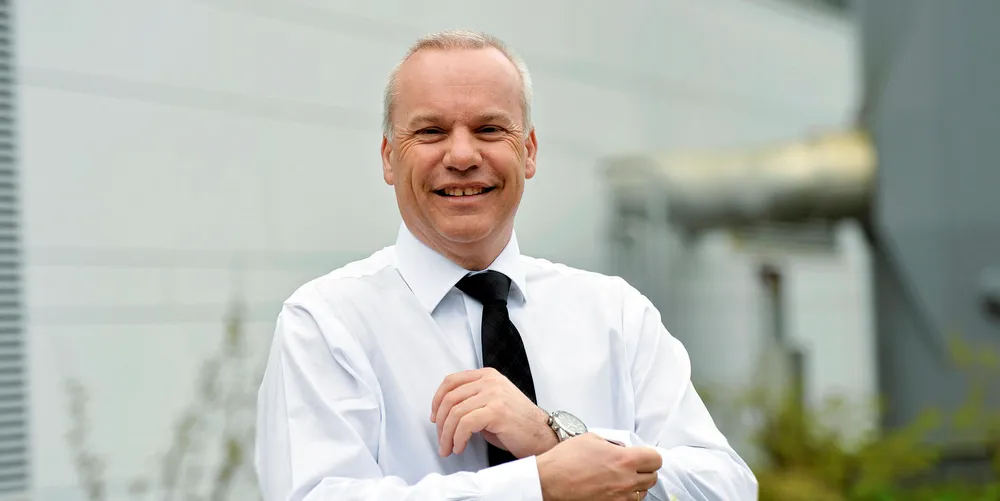New Equinor CEO widens oil major's net-zero target to include consumer emissions
Norwegian company's green ambitions now include end use in transport or heating as Anders Opedal takes the helm

Norwegian company's green ambitions now include end use in transport or heating as Anders Opedal takes the helm
